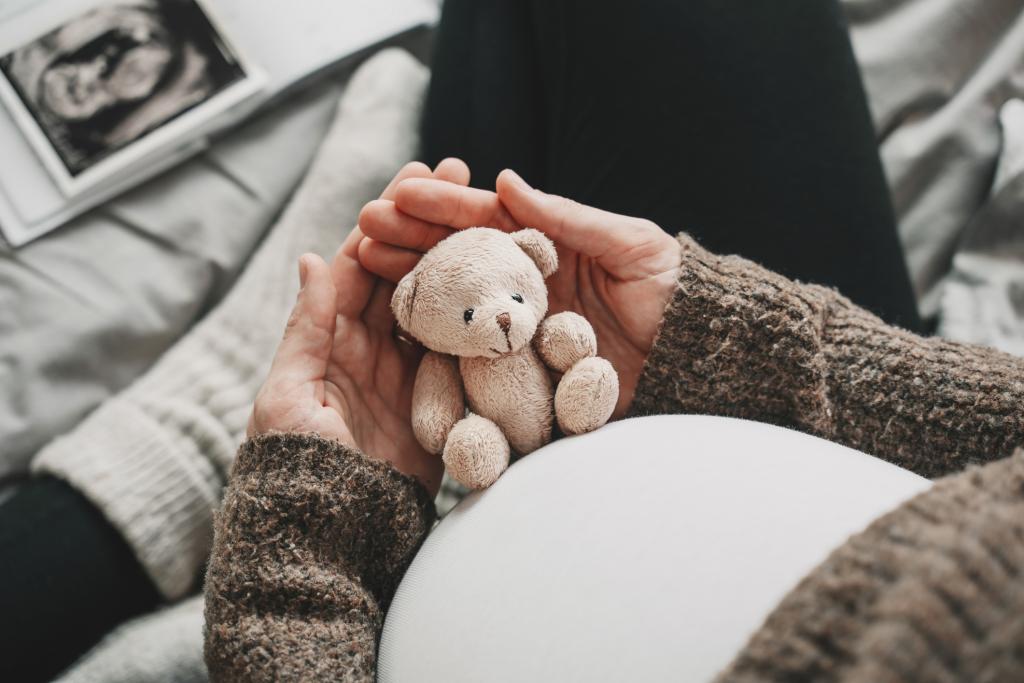
The Court has recently made a landmark ruling in the case of Z (surrogacy: step-parent adoption), Re [2024] EWFC 20.
The case came before Mrs Justice Theis who had to determine whether there should be a Step-Parent Adoption Order in circumstances in which the Parental Order had been discharged by the Court of Appeal.
In brief the child, named as “Z” in Court proceedings was born in September 2020.
His two fathers were married and had been friends with the surrogate sister and had asked her to act as surrogate for them to have a child.
When the transfer of a donor egg failed they proceeded to try again using an egg belonging to the surrogate (referred to as “G”).
It is reported that the men referred to as “X” and “Y” agreed that she would have contact with the child after it was born but the relationship deteriorated during the pregnancy and the fathers sought to prevent continued contact between X and the surrogate mother.
The Court had to determine whether it would grant a “Step-Parent Adoption Order” to the non-biological father and extinguish the legal ties between the child and surrogate.
The father’s case was supported by Social Services and an appointed children’s guardian.
The Court heard evidence including from a psychiatrist and ultimately the Court after considering the “difficult and challenging issues, both factually and legally” determined that it would not make a Step-Parent Adoption Order.
Instead Mrs Justice Theis ordered that the child would continue to live with the intended parents under a Child Arrangement “Lives With” Order (agreed by the surrogate mother) and made a freestanding order for the non-biological intended parent to have “parental responsibility” and made a further Child Arrangement Order to define the time that the child would spend with the surrogate mother.
The Court also made a series of specific issue and Prohibited Steps Orders to regulate the three adults’ use of parental responsibility.
In refusing the “step-parent adoption” the Court maintained and retained the mother’s legal rights and parental responsibility for her child.
It is understood that the case came as a culmination of a series of difficult proceedings and a complete breakdown in the relationship between the fathers and the surrogate mother.
It clearly illustrates the importance of anybody wishing to enter into a surrogacy agreement fully and clearly understanding the impact and effect of the law relating to surrogacy, ensuring that agreements entered into are clear and unambiguously understood to avoid highly stressful, expensive and emotionally challenging Court proceedings having to be undertaken.
If you would like to discuss surrogacy, or family law more generally, contact the Family team at Stephens Scown who can assist you.
